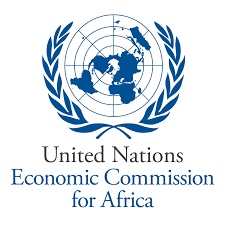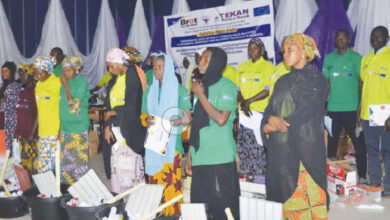UN fears rising maternal deaths amid aid cut

A new report from United Nations agencies has revealed that women today are more likely to survive pregnancy and childbirth than ever before.
However, the UN warns that significant aid cuts could reverse these gains, with potentially devastating effects on maternal health worldwide.
Released on World Health Day, the report titled “Trends in Maternal Mortality” highlights a 40% global decline in maternal deaths between 2000 and 2023.
This improvement is largely attributed to better access to essential health services.
Despite this progress, the report shows a worrying slowdown in the pace of improvement since 2016.
An estimated 260,000 women died in 2023 from complications during pregnancy or childbirth—equivalent to one maternal death every two minutes.
World Health Day, observed on April 7 each year, focuses on enhancing maternal and newborn health.
This year’s theme, “Healthy Beginnings, Hopeful Futures,” calls for increased global efforts to end preventable maternal and newborn deaths, while prioritising the long-term health and well-being of women.
The report arrives amid growing concerns over humanitarian funding cuts, which are undermining critical health care services in many parts of the world.
These reductions have led to the closure of healthcare facilities, the loss of skilled health workers, and disruptions to vital supply chains, jeopardising the availability of life-saving treatments for conditions like hemorrhage, pre-eclampsia, and malaria—all leading causes of maternal deaths.
UN agencies warn that without urgent action, pregnant women in numerous countries—especially those in conflict zones and humanitarian crises—will face dire consequences. These settings already have alarmingly high maternal death rates.
“The data in this report reflects both hope and danger,” said the Director-General of the World Health Organisation, Dr. Tedros Ghebreyesus. “While we’ve made strides in reducing maternal deaths, the reality remains that pregnancy is still perilous in many parts of the world, despite the availability of solutions to treat complications. Access to quality maternity care must be prioritised, but so too must the strengthening of women’s health and reproductive rights.”
The report also examines the lingering effects of the COVID-19 pandemic on maternal health.
In 2021, an additional 40,000 women died due to pregnancy or childbirth-related complications—raising the global maternal death toll from 282,000 to 322,000.
This increase was linked to both direct COVID-19 complications and widespread disruptions to maternity services, underscoring the importance of ensuring reliable access to maternal care during global crises.
“When a mother dies in childbirth, her baby’s life is often lost as well,” said UNICEF Executive Director Catherine Russell. “Global funding cuts to health services are putting pregnant women, particularly in fragile settings, at greater risk by limiting their access to essential care. The world must invest more in midwives, nurses, and community health workers to give every mother and baby a fighting chance to survive and thrive.”





